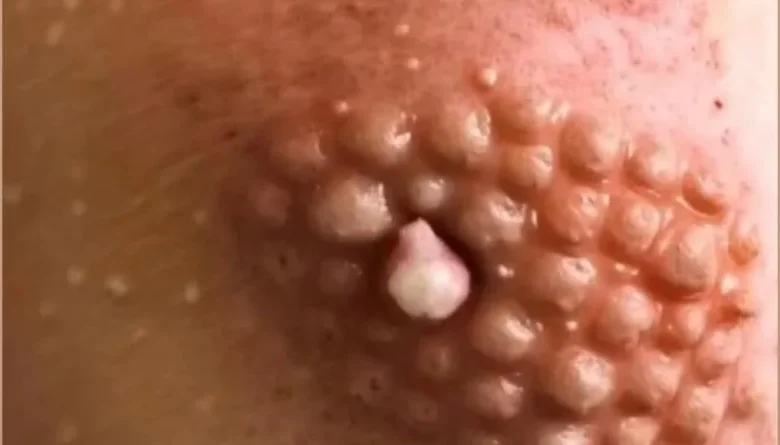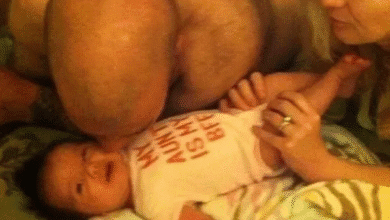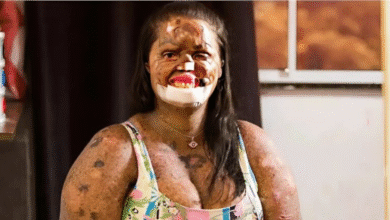
When hair follicles become clogged, acne develops.
Acne on the jawline can be caused by a variety of factors, such as genetics, medical conditions, and certain medications.
You might be able to use over-the-counter medications to treat acne on your jawline. But in more serious situations, Medication may be prescribed by your physician.
It may take a few weeks to see results, depending on the acne’s severity and the type of treatment used.
The causes and risk factors for jawline acne are covered in greater detail in this article. In addition, it covers topics like treatment opinions, when to call a doctor, and more.
What leads to acne on the jawline? – Naturally occurring oils produced by the sebaceous glands lubricate your skin.
Through the pores of the hair follicles, the sebaceous glands transport these oils to the skin’s surface. These pores can become clogged by dead skin cells, hair, and excess dirt.
Inflammation can also result from bacteria that live on the skin’s surface growing into clogged pores. Acne or pimples may eventually result from this.
- Hormonal Imbalances:Fluctuations in hormones, especially androgens, can increase sebum (oil) production, leading to clogged pores and breakouts.
- Stress:Elevated stress levels can trigger the release of cortisol, which can also increase oil production.
- Poor Hygiene:Inadequate cleansing can allow dirt, oil, and bacteria to accumulate, contributing to clogged pores.
- Skincare Products:Certain products, particularly those containing pore-clogging ingredients, can worsen jawline acne.
- Diet:High-glycemic foods and dairy products may exacerbate acne in some individuals.
Treatments:
- Topical Treatments:Over-the-counter (OTC) products containing benzoyl peroxide, salicylic acid, or retinoids can help unclog pores and reduce inflammation.
- Oral Medications:For more severe cases, a dermatologist may prescribe oral antibiotics, hormonal treatments (like birth control pills), or isotretinoin.
- Professional Treatments:Procedures like chemical peels, laser therapy, or light therapy can offer significant improvement by exfoliating the skin, killing bacteria, and promoting healing.
- Lifestyle Adjustments:
- Consistent Skincare Routine: Gentle cleansing twice daily with a mild cleanser is crucial.
- Healthy Diet: Reducing high-glycemic foods and dairy may be beneficial.
- Stress Management: Techniques like exercise, meditation, or yoga can help manage stress levels.
- Avoid Touching Face: Minimize touching or picking at the jawline to prevent the spread of bacteria.
- Shaving: If shaving causes irritation, consider using a sharp razor, shaving with the hair growth, and using a soothing aftershave.
When to See a Doctor:
If jawline acne is severe, persistent, or doesn’t respond to OTC treatments, it’s important to consult a dermatologist for proper diagnosis and treatment.






